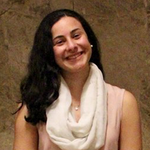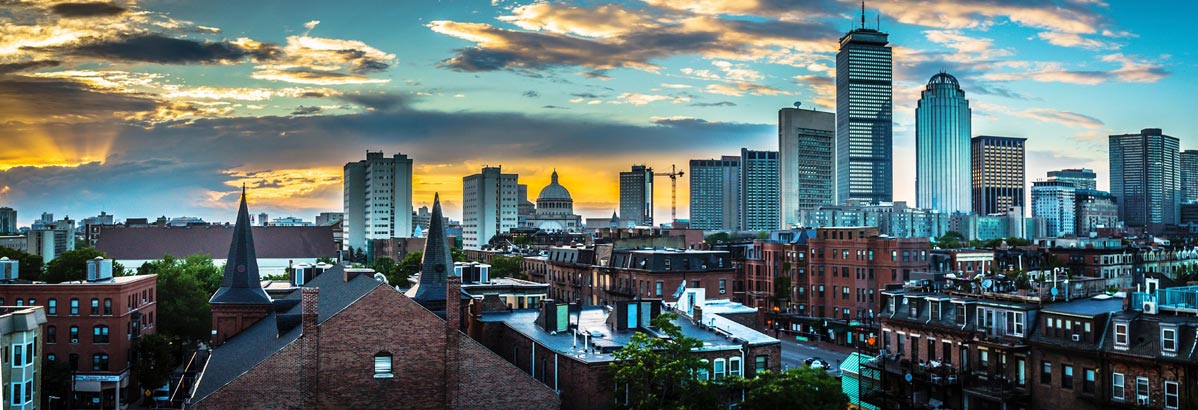Racial Equity Summer Fellow

This past summer, I was extremely fortunate to be awarded the undergraduate fellowship with the Initiative on Cities and Howard Thurman Center for Common Ground to work with the Mayor’s Office of Resilience and Racial Equity (MORRE) in the City of Boston. I was excited to start working in a field foreign yet familiar; I am studying Environmental Analysis and Policy with a strong focus in environmental justice, and ensuring environmental benefits and quality are equitable to all people, not just those with wealth and power.
I began my fellowship two weeks after the appointment of Boston’s new Chief Resilience Officer, Lori Nelson, started. Chief Nelson is an incredible woman who constantly pushes the envelope to achieve policies and interests that benefit the city at large. Her office was decorated with her goals for various milestones: what should be achieved after 30 days in office, after 60 days, and after 90 days. Seeing a clear picture of her goals was beneficial to me and to Dennisse, the MORRE Director.
This summer, I was tasked with a variety of projects and initiatives, primarily to assist with the transition of Chief Nelson into her role and the MORRE office. I initially worked on an upcoming program called Dialogues 2 Action, which facilitates dialogues between neighborhoods in Boston about racism on individual, systemic, and institutional levels, and what those neighborhoods can do to directly combat these challenges. We would meet at night with the Hyams Foundation, a private Boston-based foundation with the mission of increasing economic, racial and social justice and power within low-income communities in Greater Boston. Together with Hyams, we created, tested and edited these Dialogues 2 Action modules.
By far, my greatest accomplishment this summer was creating the Racial Equity Tool Kit and Worksheet. I was charged with drafting a document that City Hall workers could use to self-analyze their individual work through an equity lens. We found that in many initiatives, equity is not a forethought and also vaguely defined, and some may not even understand what equity means in their own context—hence, the Tool Kit and Worksheet. City workers would be trained about the Tool Kit and how to use it within the inner office trainings called REAL. The Tool Kit contains a six-step process, with definitions and resources to explore the topic of racial equity on a macro-level (in the United States and Massachusetts), and micro-level (in Boston). Then, workers would fill out the corresponding Worksheet whenever a new policy, initiative, budget, or program was being drafted in their department. The Worksheet would be submitted to MORRE, and together we would work with teams and department to identify areas of equity and opportunity for conversation. Questions like: “Have department heads/project managers spoken to stakeholders? How did that conversation go? What are stakeholders’ concerns?” are part of the Worksheet to ensure the involvement of all people, especially people of color. Ultimately, my hope with the Tool Kit and Worksheet is that racial equity would become more of a key consideration of any City Hall policy, budget, program, or initiative rather than a bonus.
My key lesson from this entire experience is that cities across the country are desperately trying to get feedback from their residents about new initiatives, especially those residents previously marginalized in history. Unfortunately, due to this previous marginalization, distrust of cities and their police runs deep. Traditional methods of getting citizen feedback, like a hearing at City Hall, may elicit those comfortable with City Hall, excluding those who consistently have been absent from these conversations. I am extremely proud and delighted to see our office, along with other departments within the City, changing this process, by starting to go directly to these citizens to get their take, rather than waiting for them to come to us.
I aim to take these lessons with me as I continue my studies at BU and as I pursue a career focused on environmental justice and service in cities.
About Jessica: Jessica Bajada-Silva (Class of 2019) is studying Environmental Analysis and Policy in the College of Arts and Sciences and completed her MORRE Fellowship in Summer 2018.
